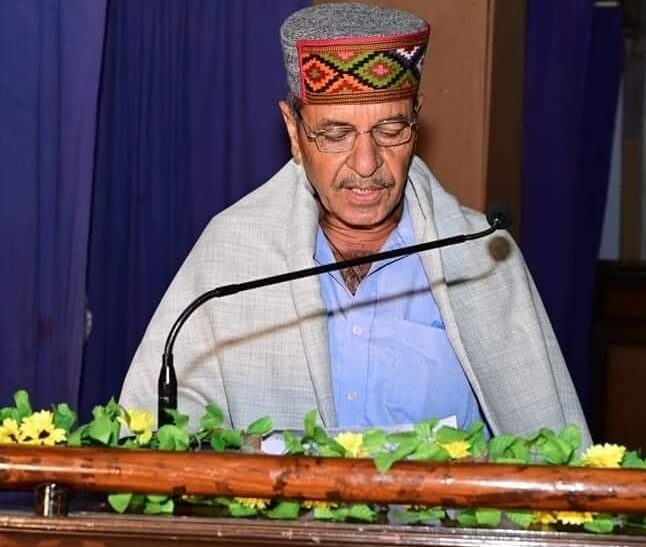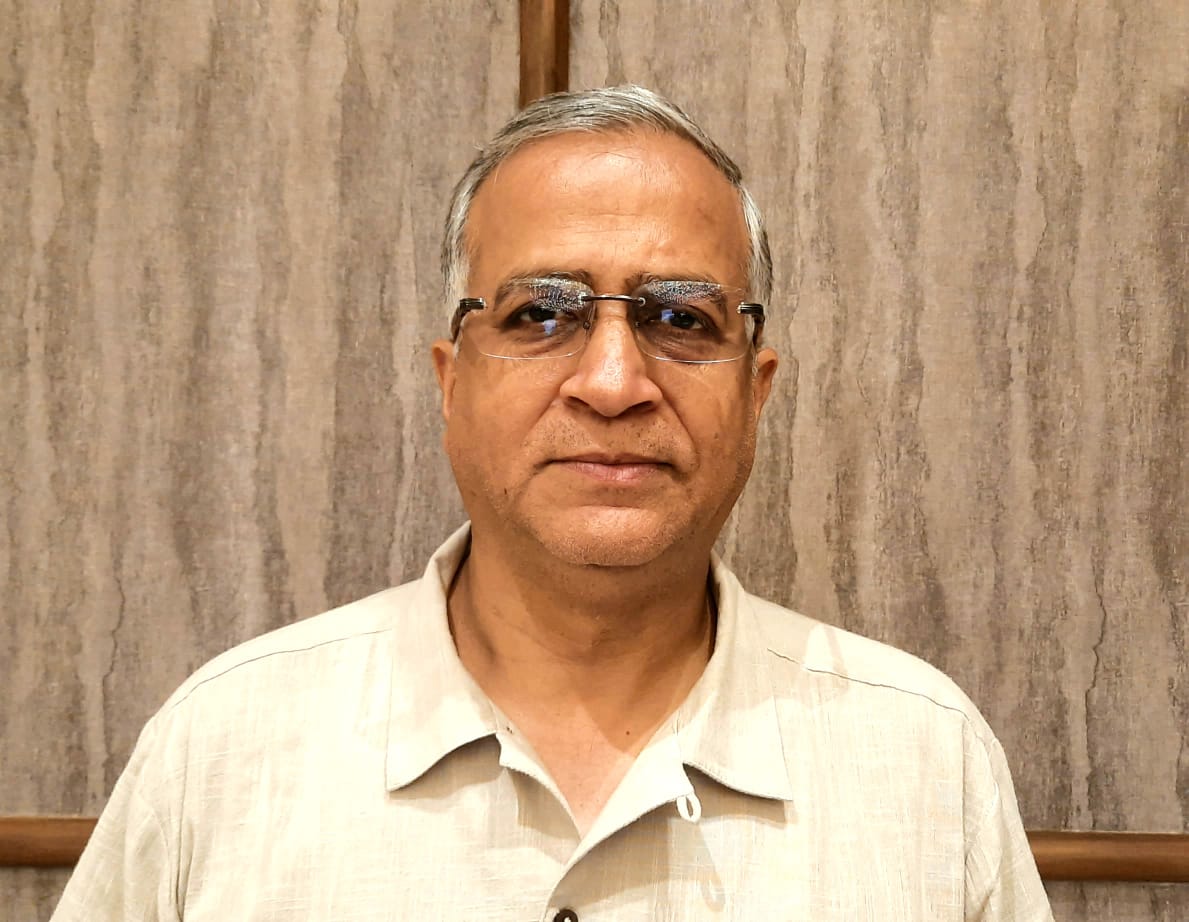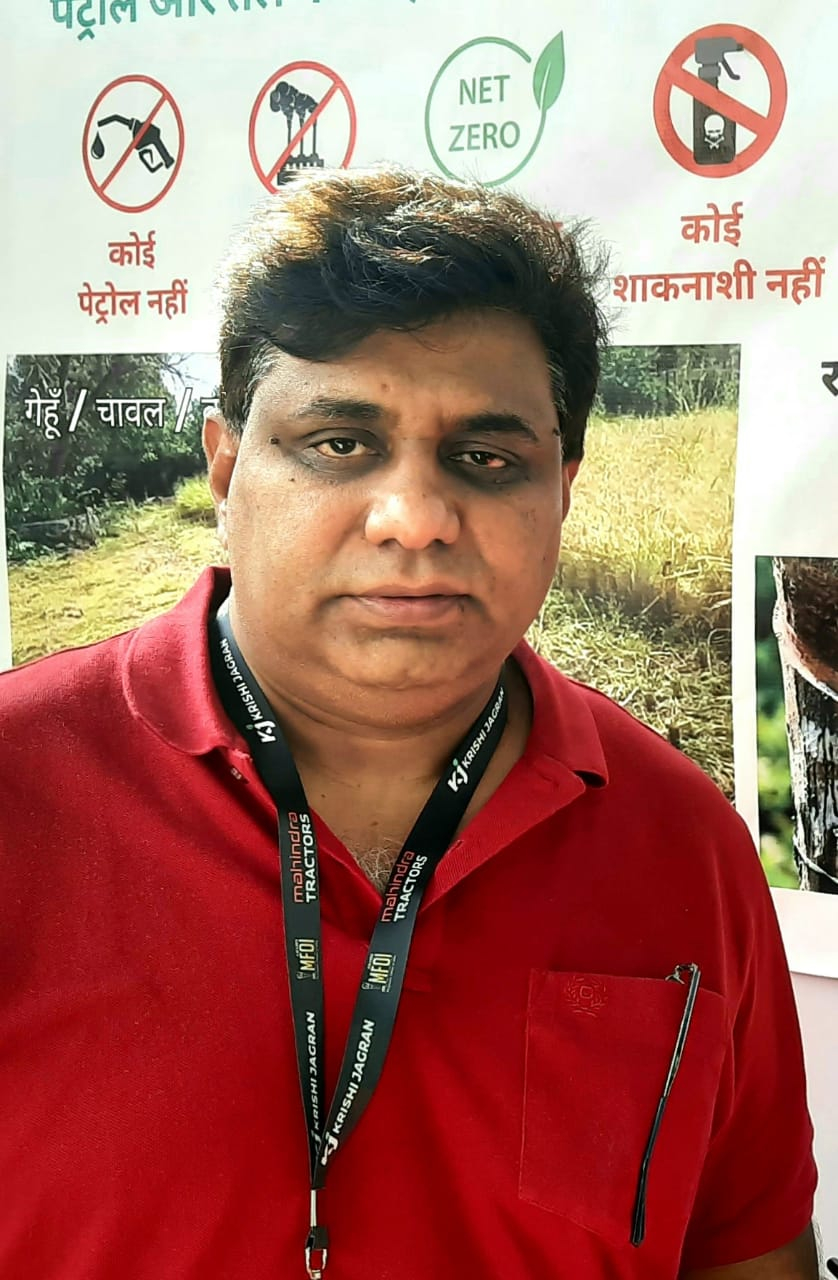Hariman Sharma, an innovative farmer from Paniala, Bilaspur in Himachal Pradesh, is transforming apple cultivation in India. With a deep passion for agriculture, he developed a unique apple variety that flourishes in plains, tropical, and subtropical regions—without the chilling hours typically needed for flowering and fruit setting. This groundbreaking innovation has opened new avenues for thousands of farmers in Bilaspur and the lower hill districts, where growing apples was once unimaginable.
Hariman’s expertise goes beyond apples. He has also successfully cultivated mangoes, pomegranates, litchis, apricots, kiwis, avocados, sapodillas, and even coffee on the same plot of land. In recognition of his significant contributions, the Himachal Pradesh government appointed him to the Board of Management at Dr. Y.S. Parmar University of Horticulture and Forestry. He also serves on the Research Council at the university in Nauni, Solan, and is a member of the State Level Executive Committee under the Mission for Integrated Development of Horticulture (MIDH) Project.
In an exclusive interview with The Interview World, Hariman Sharma discusses how his innovative apple variety is becoming a game-changer for horticulture farmers.
Q: What inspired you to develop this innovative apple variety, and what steps did you take to bring it to fruition?
A: In 1999, I noticed an apple seedling bearing fruit in my courtyard, which had sprouted from seeds I had discarded there. Driven by my curiosity about fruit plant grafting, I decided to preserve the apple plant. With no apple trees available, I grafted some of its branches onto a plum tree. The grafting succeeded, producing apples of excellent quality.
Encouraged by this success, in 2004-05, I brought crab apple seedlings from Shimla and applied the same grafting technique. This led to the creation of a mini orchard of apple trees that continues to bear fruit to this day. Through my initiative, farmers across seven districts of Himachal Pradesh have planted 100,000 apple saplings, all of which are now thriving and producing fruit.
Q: Is this apple variety specific to Himachal Pradesh, or can it be cultivated in other parts of the country as well?
A: To assess the suitability and adaptability of my apple variety, HRMN-99, across different agro-climatic conditions in India, the National Innovation Foundation (NIF) transplanted approximately 10,000 saplings on 1,190 farmers’ fields and 25 organizations in 29 states and 5 union territories between 2015 and 2017. The variety has shown successful fruiting in diverse regions, including Manipur, Madhya Pradesh, Uttar Pradesh, Maharashtra, Gujarat, Dadra and Nagar Haveli, Karnataka, Haryana, Rajasthan, Jammu, Kerala, Uttarakhand, Telangana, Himachal Pradesh, and Delhi. This success has driven a substantial increase in demand for the saplings among farmers nationwide.
Additionally, HRMN-99 apple plants are also thriving internationally, with successful fruiting reported in Bangladesh, Nepal, Germany, and Zambia.
Q: What sets HRMN-99 apart from other apple varieties?
A: Traditionally, apple cultivation is limited to altitudes of 5,000 to 8,500 feet above sea level in the Himalayan range, where temperatures provide 1,000 to 1,500 hours of chilling. However, my HRMN-99 variety can grow in lower hills and plains at altitudes as low as 1,800 feet. This variety requires minimal chilling, making it suitable for fruit production in non-traditional, lower-altitude regions.
A morphological and SSR DNA fingerprinting study by the National Innovation Foundation (NIF) and Gujarat State Biotechnology Mission has confirmed HRMN-99’s diversity and superiority over other low-chilling varieties. Additionally, the ICAR Research Complex for the NEH Region in Manipur has conducted a separate study validating its exceptional fruit quality.
Q: Have you taken steps to protect your innovation for the HRMN-99 apple variety?
A: The HRMN-99 variety is officially registered under the Protection of Plant Varieties and Farmers’ Rights Authority, Ministry of Agriculture, Government of India. It is protected by the National Innovation Foundation, Ministry of Science and Technology, under Letter No. D.S.D./2-20/128155 dated 07-09-2020. As the rightful owner, I am the only person authorized by the government to grow and sell this variety. Therefore, I urge the farmers of India not to be misled by anyone falsely claiming to sell HRMN-99 saplings.










